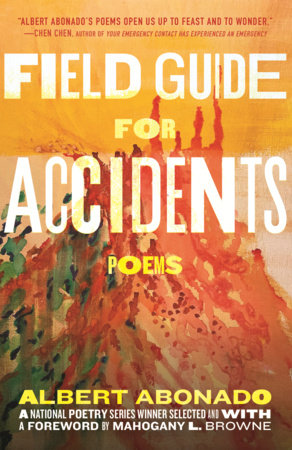Current Issue: Fall 2024
Staff Picks
“In the original Spanish, Di Benedetto distills his clear and incisive prose down to its indispensable elements. He then breathes life into it with plenty of Argentinian colloquial speech and occasional rhetorical flourishes. These small elements transport the reader to a Spanglish literary space, which an American readership usually associates with a space very different from 1960s Argentina: the South of the United States and the North of Mexico.”
“To crave sex with the dead, to be voracious in a time of AIDS, to masturbate and discuss it, to objectify one’s genitals purely for pleasure. In reading Hemphill’s work we do not ask the poet to take responsibility for his words and desires. We soak in them instead, learning how they resonate with our own thoughts and allowing his honesty to soften the edges of our judgement.”
“Charleen McClure’s d-sorientation is an exploration of space: the expansive empty inside humans and homes, the various rooms of the self, and how it feels to inhabit them. The selves she explores are alive and dying and dead, they are mosquitoes and mothers, and they are pressing their palms to the walls trying to map this space with their hands.”
“Starving and unstoppable: Albert Abonado’s latest poetry collection, Field Guide for Accidents, traces the paths of a lost poet unraveling his identity and his grief. Abonado uses each of his poems as bread crumbs—leaving behind trails of blood, fruit peels, tongues, and prayers—as the reader attempts to find where these paths converge.”




